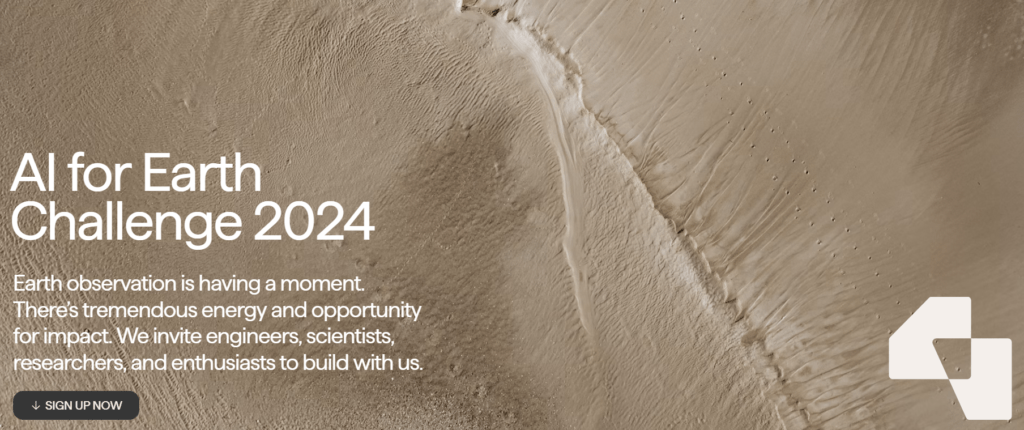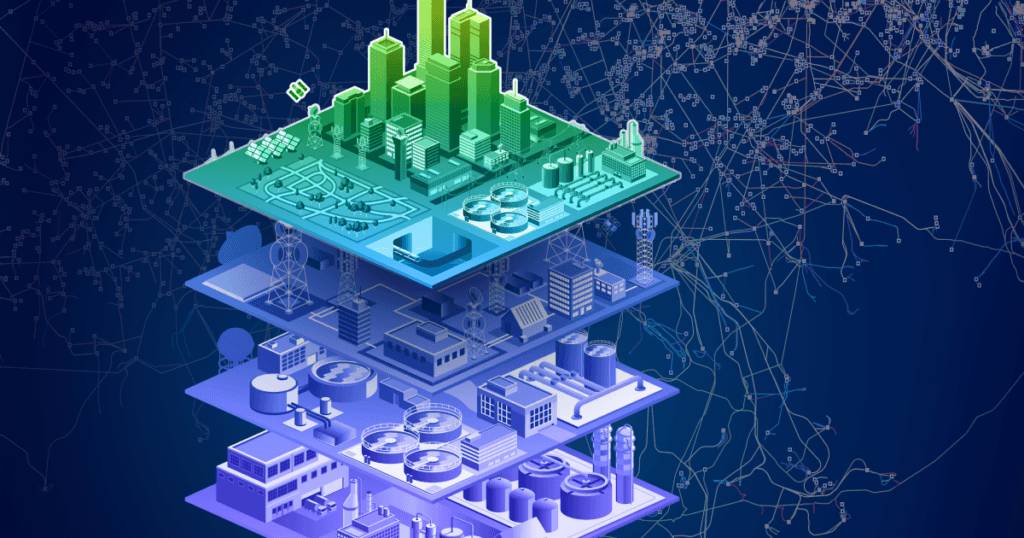
The world is facing a climate crisis, and Earth observation is playing a critical role in understanding and addressing the challenges. The #AIForEarthChallenge2024, a collaboration between Clay, Clark University, and Development Seed, is inviting engineers, scientists, researchers, and enthusiasts to join the effort and build powerful tools for a better planet.
What is the Challenge?
This challenge aims to unlock new insights about our planet by developing AI satellite models that excel in operational excellence. The focus is on creating foundation models that can be used for various tasks related to Earth observation, including:
- Landcover classification: Classifying land cover into 9 categories using spectral data.
- Aquaculture detection: Identifying aquaculture facilities using spatial data and human-in-the-loop learning.
- Carbon above ground stock estimation: Estimating carbon stock using spectral data.
- Crop yield estimation: Estimating crop yields using temporal data.
- Disaster response floods: Mapping flood extent using spectral data.
- Disaster fire severity mapping: Mapping fire severity using temporal data.
- Cloud Gap Imputation: Filling in cloudy pixels in a time series of Sentinel-2 imagery using generative models.
Why participate?
Contribute to a critical cause: Help develop tools that can address environmental challenges and protect our planet.
Gain valuable experience: Work with cutting-edge AI technologies and learn from experts in the field.
Showcase your skills: Compete with other talented individuals and teams for recognition and prizes.
Make a real impact: Your work could lead to the development of solutions that are used by organizations around the world.
What are the requirements?
Develop a Jupyter Notebook in Python: Participants must create a single notebook that can perform all seven tasks using a single foundation model.
Use open data: The notebook should only use publicly available data, including commercial use, for inference.
Code should scale: The notebook should be able to produce results over a region smaller than 2000 km2.
Performance requirements: The notebook must run in less than 2 hours on a g5.xlarge AWS EC2 instance.
Prizes and Recognition:
Compute resources: Winning models that use only open-source and open data will receive up to $10,000 in compute resources on AWS.
Recognition: Winners will be announced and showcased during NYC Climate Week 2024.
Get involved!
The challenge is open to individuals and teams, both open-source and commercial models can participate. The submission deadline is September 1, 2024, 23:59 UTC.
Join the #AIForEarthChallenge2024 and help us build a better future for our planet!
Learn more and register at: https://madewithclay.org/challenge



